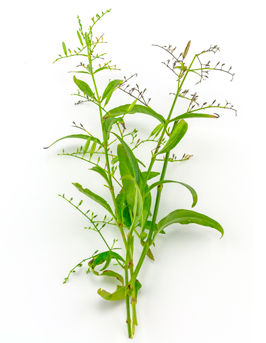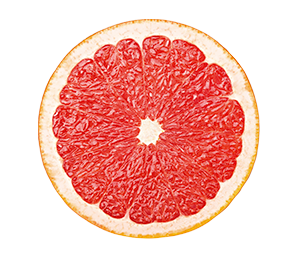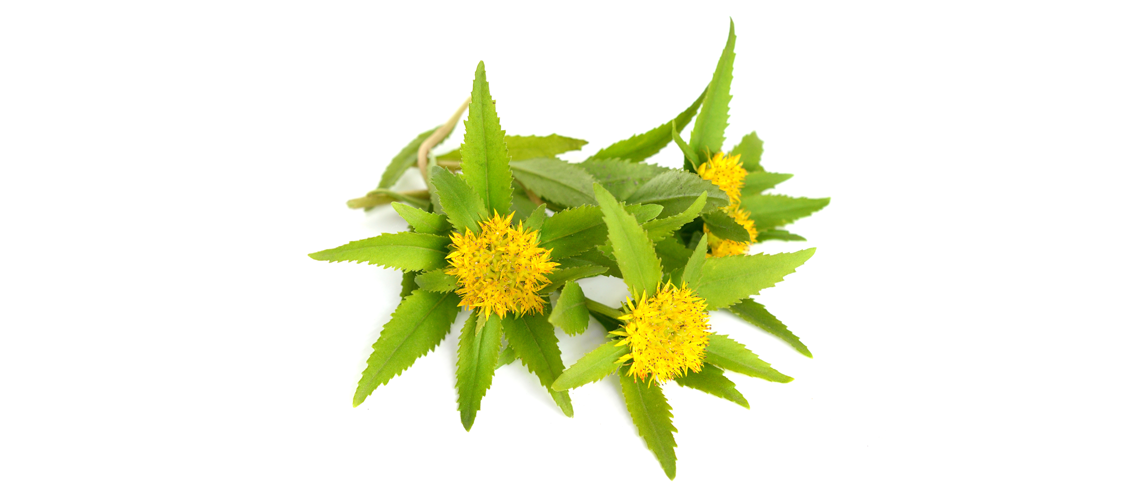Not only is the common cold considered to be the most widespread disease in the world, it can be said that almost 100% of the population will suffer from a cold in their lifetime and will most likely suffer more than one a year.
It affects the entire population, from children to the elderly, and most often people with a weakened immune system. These are respiratory tract infections caused by a wide variety of viruses, although the two most important families are those of rhinoviruses and coronaviruses. The incidence of this disease is highest when there are changes or decreases in temperature, especially in the fall and winter seasons. But they can also appear in situations of high chronic stress, which affects our immune system,
weakening it.
Colds are highly contagious and are transmitted through close contact with infected people early in the onset of symptoms. Although the symptoms are very annoying, these are usually mild infections with an “expiration date”, usually lasting between 7 and 10 days. The main symptoms are usually sneezing, runny and stuffy nose, headache, pharyngeal discomfort (itching, pain, or mucus in the throat), cough, and general discomfort. Although it is usually a mild problem that tends to resolve on its own, thanks to the action of the immune system (within 7 or 10 days), it is still annoying since it decreases the quality of life of those who suffer from it. In addition, a poorly cured cold can last for months, in addition to being able to lead to complications such as tonsillitis, bronchitis, sinusitis, otitis
and even pneumonia.
Without a doubt, the best strategy against colds is prevention. But often the cold occurs without giving time to prepare, and in this situation, herbal medicine provides good help in reducing the symptoms of the cold and thus reducing the duration of the cold
.
Defend yourself with Phytotherapy
Phytotherapy offers a series of plants that help improve the immune response and have been shown to be effective, both in preventing and managing the symptoms of colds and flu. The most popular of these plants is echinacea, however, there are other plant species that have been the subject of study, research and product development that have demonstrated greater clinical efficacy, both to reduce the incidence of colds and to reduce and alleviate symptoms, when they occur, and also to improve subsequent recovery. We refer to andrographis (Andrographis paniculata) and eleutherococcus (Eleutherococcus senticosus).

Andrografis (Andrographis paniculata (Burm.f.) ex Nees) is an herbal plant from India and Sri Lanka, where the extract of its leaves is mainly used in infectious problems. Thanks to the active ingredients of the leaves, the andrographolides, the extracts of this plant contribute to the general resistance of the body, increasing the bodys physiological resistance in case of severe environmental conditions. In addition, it helps to alleviate respiratory problems such as coughs and sore throats.
The World Health Organization (WHO) has written four volumes of monographs on plants, in which it collects the scientific information that has been published on different medicinal plants. In his monograph corresponding to andrographis, he lists as uses justified by the results of clinical research, the prevention and symptomatic treatment of upper respiratory tract conditions, such as the common cold and uncomplicated sinusitis, bronchitis and pharyngotonsillitis
.
Eleutherococcus (Eleutherococcus senticosus Maxim.) is a plant of the Araliaceae family that grows spontaneously on the slopes of the Siberian mountains, whose rhizome helps support physical abilities in cases of exhaustion and tiredness. It also helps to reduce the tiredness and fatigue associated with colds. It is a valid aid during the cold season because it helps to support the bodys defenses, as well as to provide relief to the throat and
upper respiratory tract.
The Committee for the Study of Medicinal Plants of the European Medicines Agency states in a report that the eleutherococcus root and its preparations have shown in various tests supporting the immune system, antioxidant activity, protective activity against stress and fatigue and anti-inflammatory activity, among others.
As for their effects on the immune system, they have been extensively studied in the former Soviet Union in various population groups including astronauts, soldiers and athletes, observing in these studies that the rates of colds and flu were consistently lower in population groups taking eleutherococcus and that, above all, the complications that could be caused by these infections were significantly reduced.
Scientific evidence has shown that the combination of these two plants is more effective than each plant separately, that is, they work in synergy.
The results of studies conducted with this combination have shown that administration for 5 to 8 days significantly reduced (compared to placebo) the general symptoms of cold, temperature, headache, muscle pain, throat symptoms, cough, nasal symptoms, general malaise and eye symptoms and the inflammatory symptoms of sinusitis. It has also been seen that administering the combination for 3 months to students during the winter season significantly reduced the incidence of colds
.
Another interesting herbal extract for colds and their symptomatology is grapefruit seed extract.

In 1980, in a small town in Florida, Dr. Jakob Harich (1919 — 1996), a gardening enthusiast, observed that the grapefruit seeds found in his compost would not rot. Out of curiosity, the doctor, a renowned physicist and immunologist, decided to analyze the strange phenomenon more closely and discovered that the components of this simple seed prevented compost from rotting. It was starting in 1972 that Dr. Harich began his investigations. He sought the support of Dr. Steven Otwell and Dr. Wayne Marshall, leading researchers on the effects of microorganisms on food, based at the University of Florida, Gainesville.
They discovered that grapefruit seed extract not only acted on bacteria, but also on other microorganisms such as viruses, yeasts, fungi and parasites.
Finally, in 1990, grapefruit seed extract began to be obtained to be applied to different uses. The beneficial active ingredients contained in grapefruit seeds are mainly flavonoids. Flavonoids help maintain intestinal health. The intestine is the most important part of our defense system, so flavonoids have a beneficial effect on protecting our immune system
.
Paula Saiz

• Degree in Biological Sciences from the Complutense University of Madrid, specializing in plant biology.
• Master in Applied Plant Biology from the Complutense University of Madrid.
• Collaboration in the Endothelial Pathology Unit of the Ramón y Cajal Hospital in Madrid: clinical trials and anti-aging phytotherapy.
• He is currently part of the Department. 100% Natural Technical and Documentation and Training.
All rights reserved ©. The reproduction, partial or total, of the content in any form is prohibited without the prior written consent of Cien Por Cien Natural SL. If you want to share the information, reproduction is allowed by citing Cien Por Cien Natural SL or using the link on their website. Cien Por Cien Natural SL is not responsible for misuse of the content of the article
.







